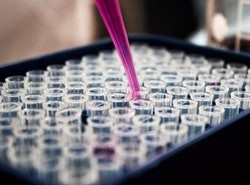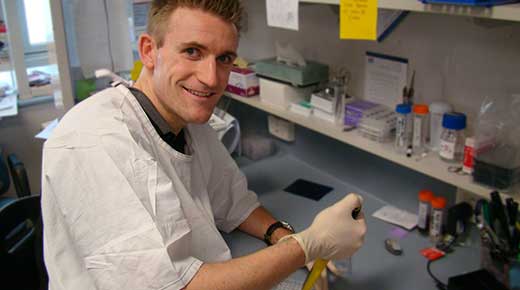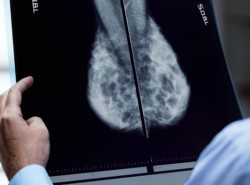
Using immunotherapy to overcome treatment-resistant breast cancer
Published: 10/10/19 12:21 AM

Paul Beavis
Thanks to medical research it’s now widely recognised that harnessing the immune system is a powerful way to target and kill cancer.
Patients with high levels of immune cells within their tumour respond better to both standard therapies (radiotherapy and chemotherapy) and therapies designed to enhance the immune response against cancer (immunotherapy). However, many patients don’t have immune cells in their tumours so these treatments are not very effective, and more research is needed.
One potential strategy for these patients is the use of white blood cells which are genetically engineered to eradicate cancer cells. These cells, called ‘chimeric antigen receptor T cells’ (CAR T cells), are very effective in blood cancers but don’t work well in other cancers including breast cancer.
One reason for this is because cancer produces adenosine, a substance which has a powerful ability to suppress the immune system. It creates an environment designed to switch off immune cells, giving the cancer plenty of opportunity to grow unchecked.
In a four-year NBCF-funded study, Dr Paul Beavis aims to reprogram the CAR T cells to block the effects of adenosine, so the immune system can recognise, find and destroy any cancer in the body.
The adenosine pathway is most relevant in triple negative breast cancer which is the most aggressive and hardest to treat subtype. Development of a successful immunotherapy would be a significant breakthrough and would have a huge impact on the lives of women diagnosed the disease, and particularly for those with triple negative breast cancer.

